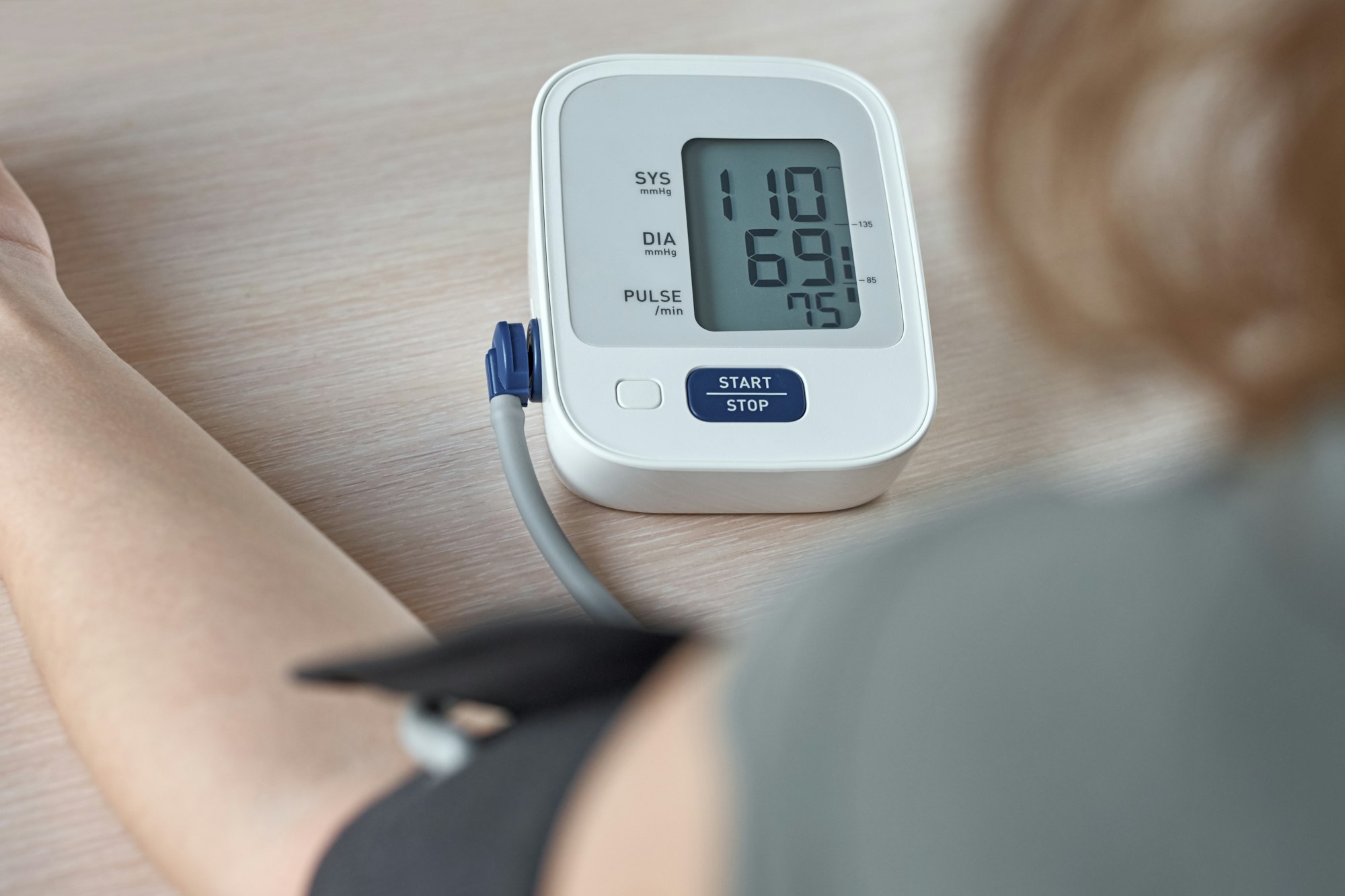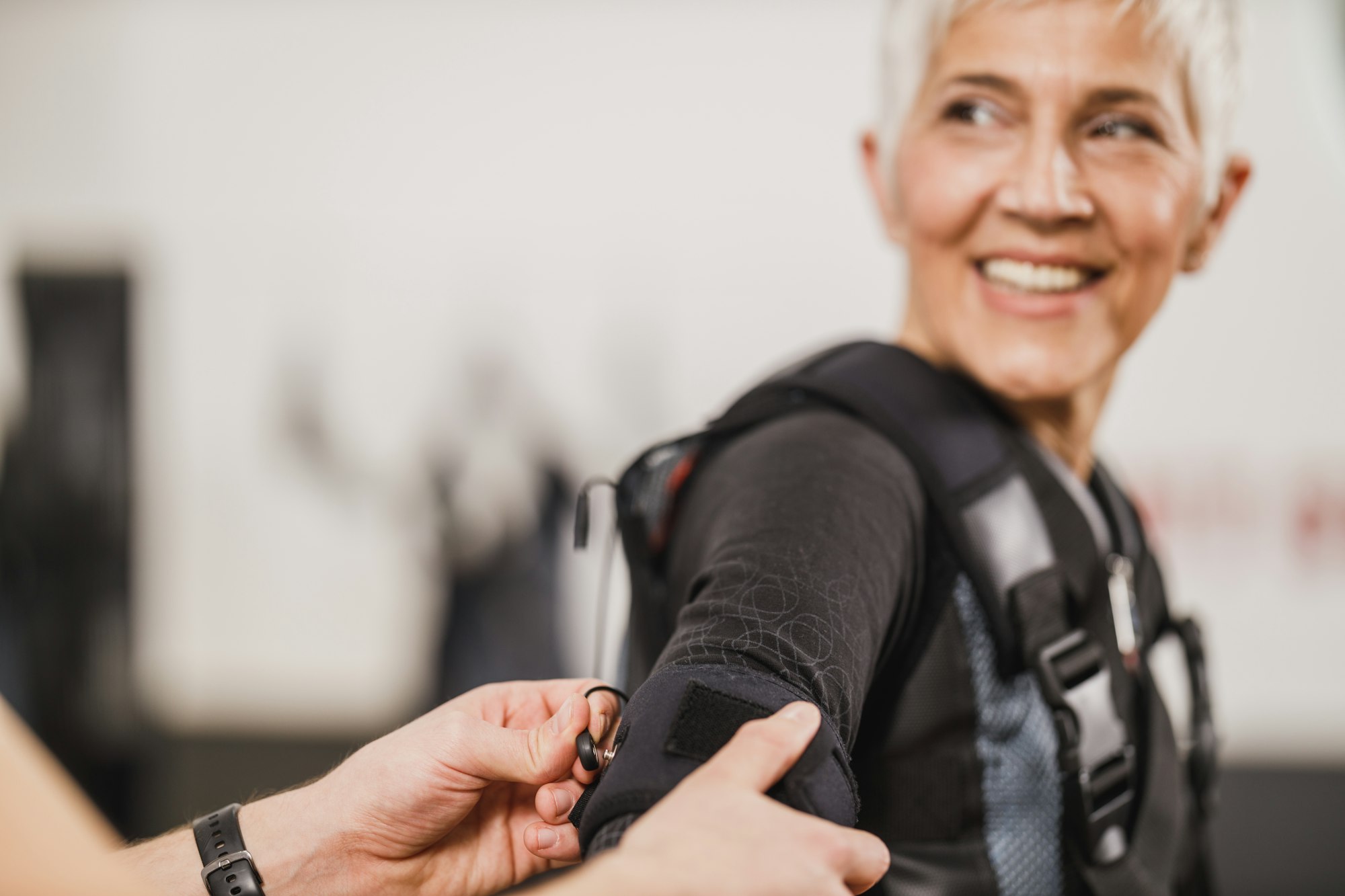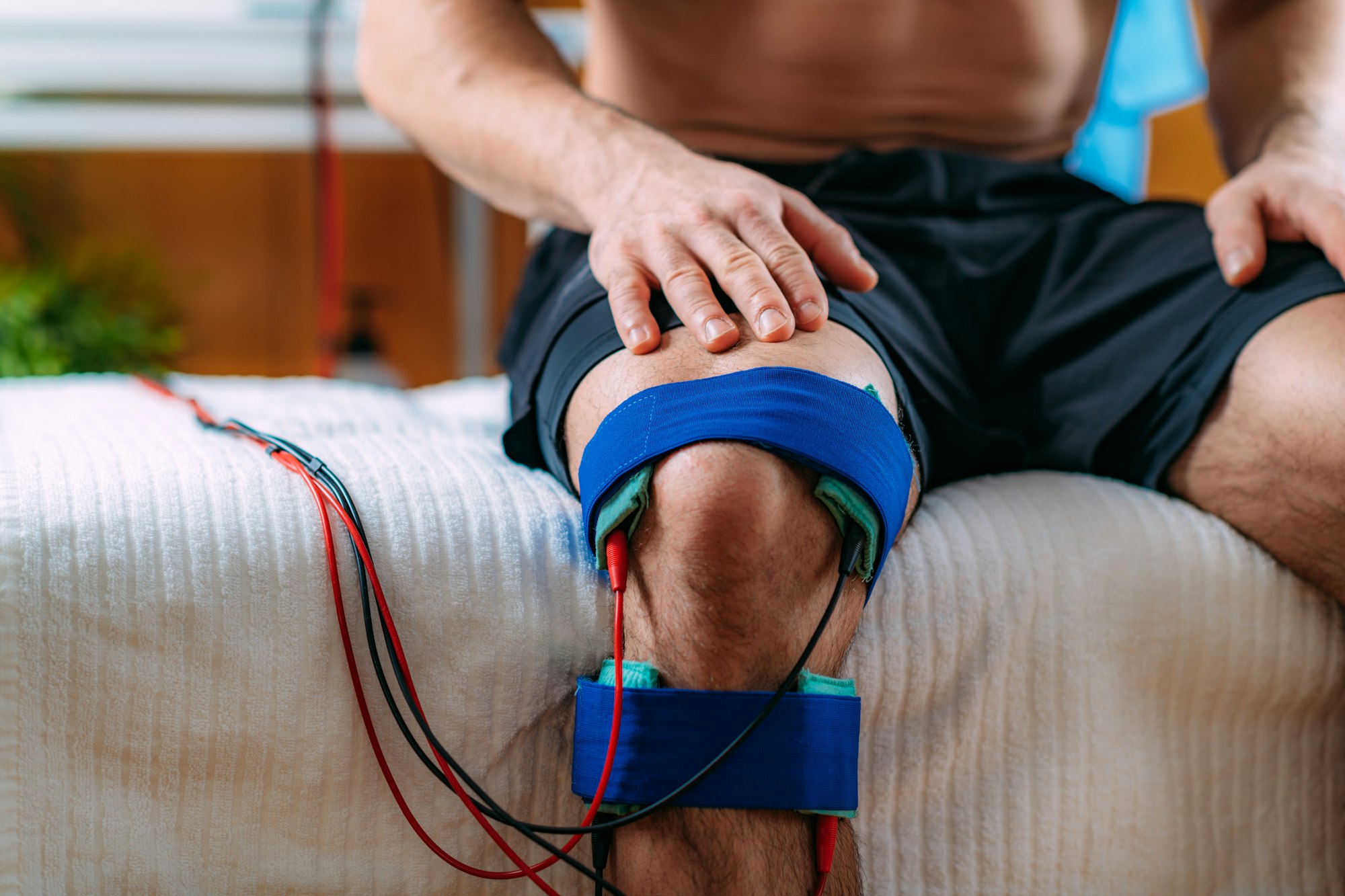
Imagine a world where your doctor can prescribe a device that communicates directly with your body’s nervous system to treat chronic pain, manage diabetes, or even repair tissue. That’s the promise of bioelectric devices. As our understanding of the body’s bioelectric language deepens, these devices are leading a revolution in medicine.
Bioelectric therapy leverages electrical signals to stimulate nerves, modulate pain pathways, and enhance the body’s natural healing processes. This innovative approach offers several significant benefits for patients suffering from a variety of conditions.
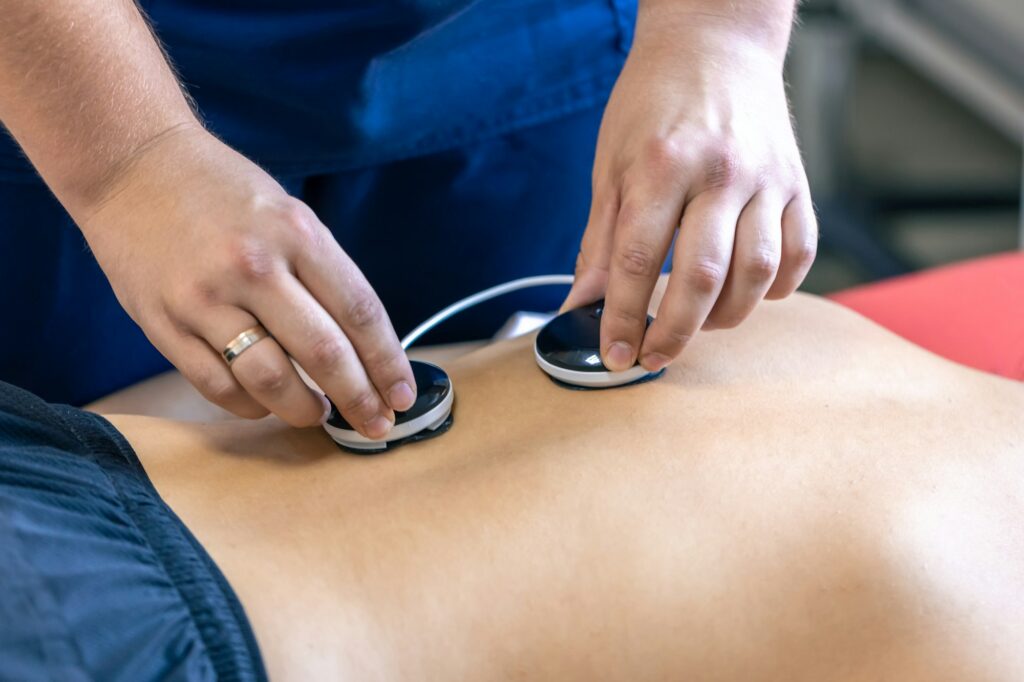
Advancements in technology are continuously pushing the boundaries of what bioelectric devices can achieve. These devices leverage the body’s natural electrical signals, facilitating the treatment and management of various medical conditions without the need for invasive procedures.
The integration of AI-powered algorithms has opened new doors in the development and optimization of these devices, allowing for customized treatments that are more effective and inclusive of individual patient needs.
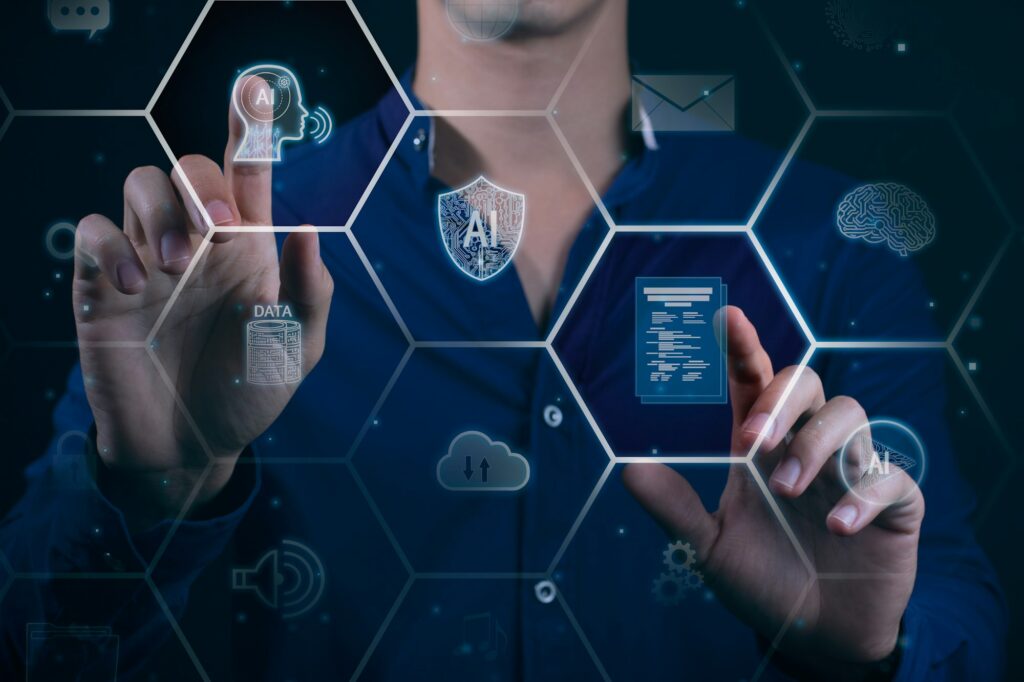
One key innovation lies in the miniaturization of components. Modern bioelectric devices are smaller, more efficient, and easier to implant than ever before. This means they can be seamlessly integrated into the patient’s body, monitoring physiological signals and delivering therapeutic stimulations with precision.
Moreover, the advent of flexible electronics has enabled the creation of devices that conform to the body’s contours, enhancing comfort and functionality. These flexible devices can be implanted in areas previously deemed difficult, offering new treatment avenues for conditions like chronic pain and neurological disorders.
Another exciting development is the use of nanotechnology. Nanomaterials can interact with biological systems at the cellular level, providing unprecedented control over the electrical signals within the body. This level of precision could revolutionize the way we approach disease treatment, turning once-untreatable conditions into manageable or curable afflictions.
Coupled with real-time data analysis, AI can provide insights into patient responses, allowing healthcare providers to adjust therapies swiftly and effectively. This not only enhances treatment outcomes but also reduces the potential for side effects, making bioelectric devices safer for widespread use.
In summary, the technological landscape of bioelectric devices is rapidly evolving, underpinned by advancements in AI, miniaturization, flexible electronics, and nanotechnology. These innovations are setting the stage for a new era in medical treatment, one where therapies are more personalized, efficient, and minimally invasive.
Imagine wearing a suit that actively helps in medical treatments. Bodstim suits are doing exactly that, offering a groundbreaking application of bioelectric devices in medicine. These innovative suits use targeted electrical impulses to stimulate healing and manage pain, paving the way for more personalized and efficient therapies.
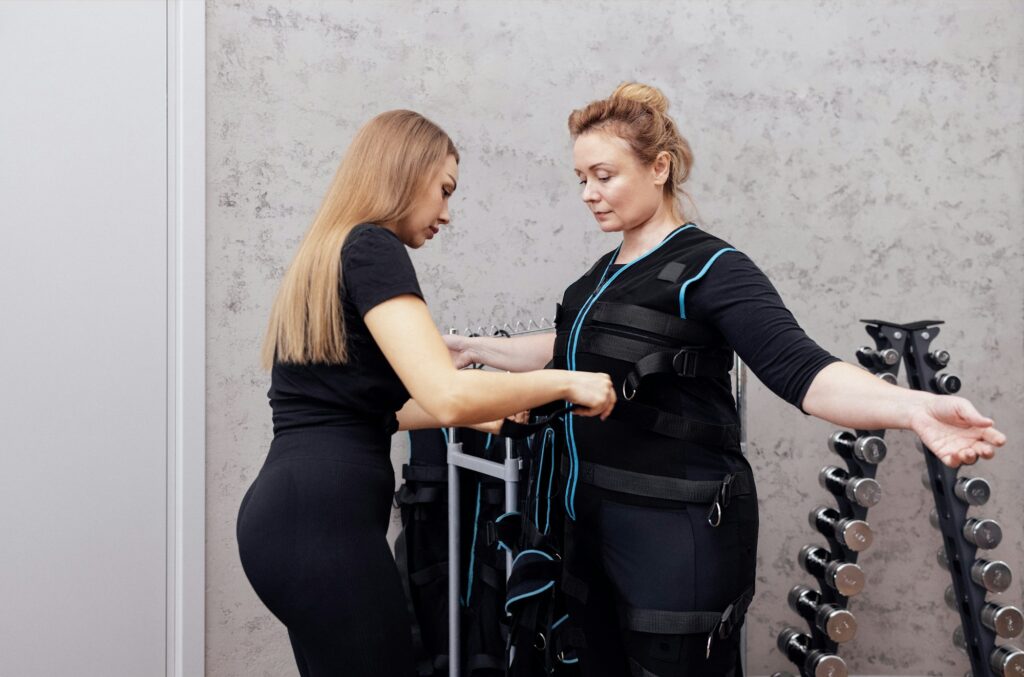
At the heart of Bodstim technology lies precise bioelectric intervention. Each suit is designed to cater to specific medical needs, whether you’re dealing with chronic pain, muscle recovery, or even nerve regeneration. The devices embedded in these suits can be programmed to deliver the exact type of electrical stimulation required for each condition.
Moreover, these suits are not just for patients in clinical settings. Athletes and physically active individuals are also finding them incredibly beneficial. After intense training sessions, wearing a Bodstim suit can accelerate muscle recovery and reduce downtime. This adaptability makes it a versatile tool in both medical and athletic fields.
As research advances, the potential uses of Bodstim suits continue to expand. Scientists are exploring how these suits could be integrated with other emerging technologies, such as biosensing and drug delivery systems. The goal is to create multimodal devices that not only aid in treatment but also monitor health conditions in real-time and deliver medication as needed.
In the near future, these suits could become commonplace, heralding a new era where wearable technology plays a central role in patient care and wellness. With their ability to offer customized treatments and enhance recovery, Bodstim suits truly are shaping the future of medical treatments.
Bioelectric devices utilize electrical currents to diagnose, monitor, or treat various medical conditions. They integrate cutting-edge technology to harness the body’s natural bioelectric signals, facilitating customized and effective therapies.
Unlike traditional medical devices, bioelectric devices focus on modulating and utilizing the body’s innate electrical signals. This allows for targeted treatment with potentially fewer side effects and enhanced healing processes.
Yes, bioelectric devices are generally safe when used as directed. Many of these devices are FDA-approved, ensuring they meet stringent safety and efficacy standards. Always consult with a healthcare provider before starting any new treatment.
Bioelectric devices are used to treat a wide range of conditions, including chronic pain, wound healing, heart arrhythmias, and even neurological disorders. The adaptability of these devices allows for broad therapeutic applications.
Accessibility can vary, but advancements in technology are making bioelectric devices increasingly available. Many hospitals and clinics integrate these devices into their treatment plans, and some options are becoming more affordable for home use.
In summary, the future of medicine is being reshaped by bioelectric devices, promising revolutionary changes in patient care and treatment efficacy. With their ability to harness the body’s natural electrical signals, these devices offer a non-invasive and adaptive treatment option for a variety of conditions.
From accelerating wound healing to managing chronic pain, bioelectric devices provide a versatile solution that complements and enhances traditional therapies. Moreover, the continued advancements in technology mean these devices are rapidly becoming more precise, intuitive, and accessible to patients worldwide.
As research progresses and more clinical trials affirm their benefits, we can expect bioelectric devices to become a staple in medical practice. The road ahead is exciting, with the potential to significantly improve quality of life and treatment outcomes for millions of patients. If you are intrigued by the promise of this technology, stay tuned for more updates as the field evolves.
As research progresses and more clinical trials affirm their benefits, we can expect bioelectric devices to become a staple in medical practice. The road ahead is exciting, with the potential to significantly improve quality of life and treatment outcomes for millions of patients. If you are intrigued by the promise of this technology, stay tuned for more updates as the field evolves.
Ready to experience the future of medical treatment today? Discover how Bodstim suits can revolutionize your health regimen. Learn more and get started now!

